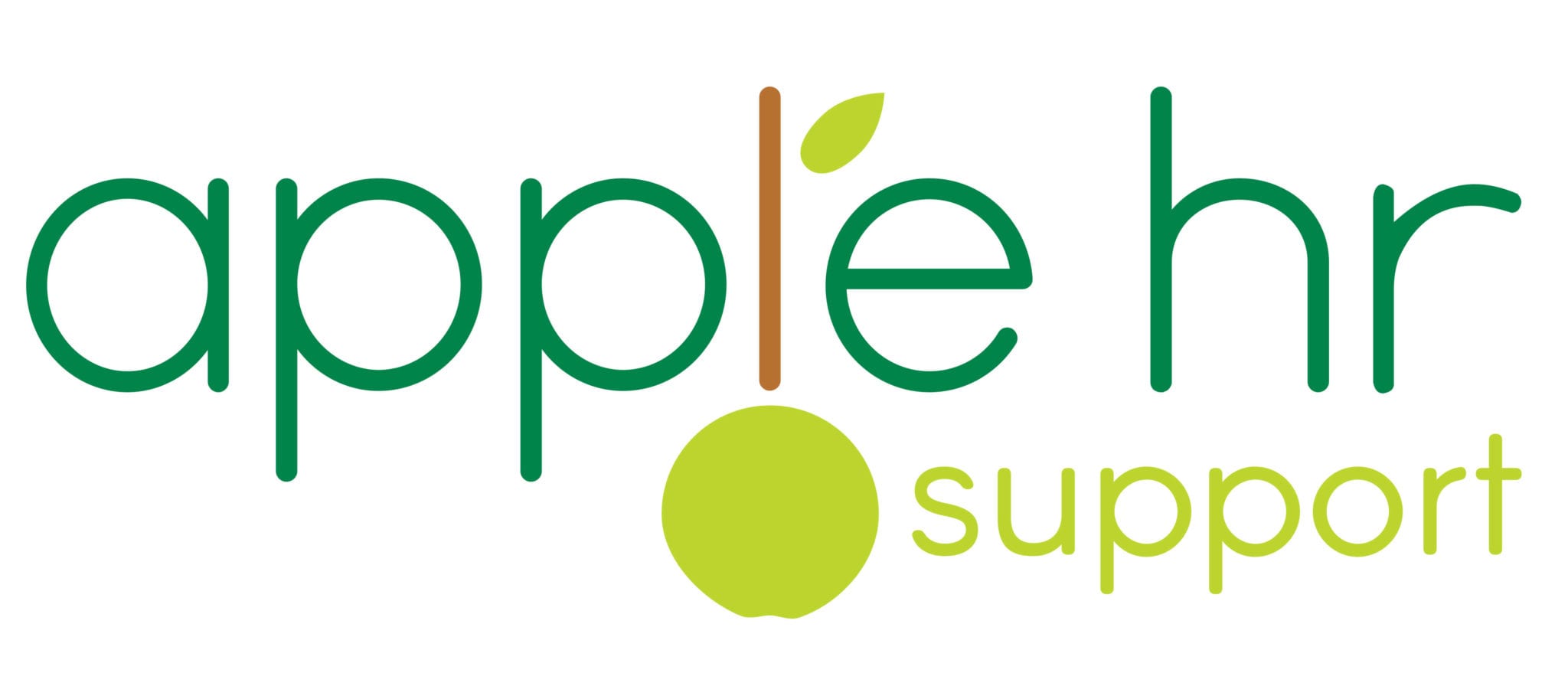All leaders will have experience of handling difficult conversations at work at some point in time. These could include redundancy consultations, holding a disciplinary meeting, addressing poor performance or resolving conflict between employees.
Due to the subject matter these tough conversations will never be easy. However, there are ways in which we can make them as painless and efficient as possible.
Grab a cup of coffee and take some time to digest our HR advice on handling difficult conversations at work.
Plan
It is always a good idea to plan everything which you intend to include so that you are certain nothing has been missed.
You need to be sure of what you want to say as well as considering any questions that your employee may have.
It is preferable to have answers to those questions prepared in advance to ensure quality answers and retain professionalism.
Be direct
When handling difficult conversations at work you must get to the point as quickly and directly as possible. There is nothing worse than having a conversation that is unpleasant in the first place, go off track, take longer than it should and not get down to the actual reason you are having it.
In most cases, an employee will have some idea of what the meeting may be about anyway so do not feel harsh or inappropriate by diving straight in and getting to the point.
Explain why you are having the conversation, give concrete examples and finally describe how you can all move on from this.
It’s also important to nip problems in the bud. The sooner you raise the issue, the sooner it will be resolved.
Be empathetic
If you are finding the conversation difficult, imagine how your employee is feeling. They may be being told that their efforts are not enough or that they are losing their job so even though it is necessary, be sensitive and compassionate. If they do not take the information well just pause for a moment and let them compose themselves. Make sure that they fully understand why you are having the conversation and your reasoning behind it.
Allow for questions
Listening to their point of view may smooth over the situation somewhat and show that you care about what they are saying and thinking. It may also give them an opportunity to mention any personal issues that may be relevant to the conversation.
Inevitably, your employee will have questions about the reasons, process and probably the outcome as well. However, if you planned thoroughly you should be expecting and have an answer for most if not all of the questions asked. Use the questions asked to clarify the employee’s understanding of the situation and solidify details of the future proceedings.
Questions allow your employee to start to comprehend what is happening so be respectful and listen carefully.
Offer a solution
When delivering a disciplinary outcome, you should offer advice on how they can improve, offering advice which they can respond to.
How we at apple hr support can help with handling difficult conversations at work
We provide many services which may be useful to employers in situations such as these.
We can have these difficult conversations for you, ensuring that they are performed with absolute professionalism.
Alternatively, we can provide coaching to give confidence to an employer that the conversation will be handled in the correct way whilst still being performed by a familiar face. Draft Scripts are also available just to help keep you on track.
What next?
If you’d like some further advice or support about handling difficult conversations in you workplace, get in touch.
For further information about leadership development, you may be interested to read our Leadership Development Best Practice Guide


